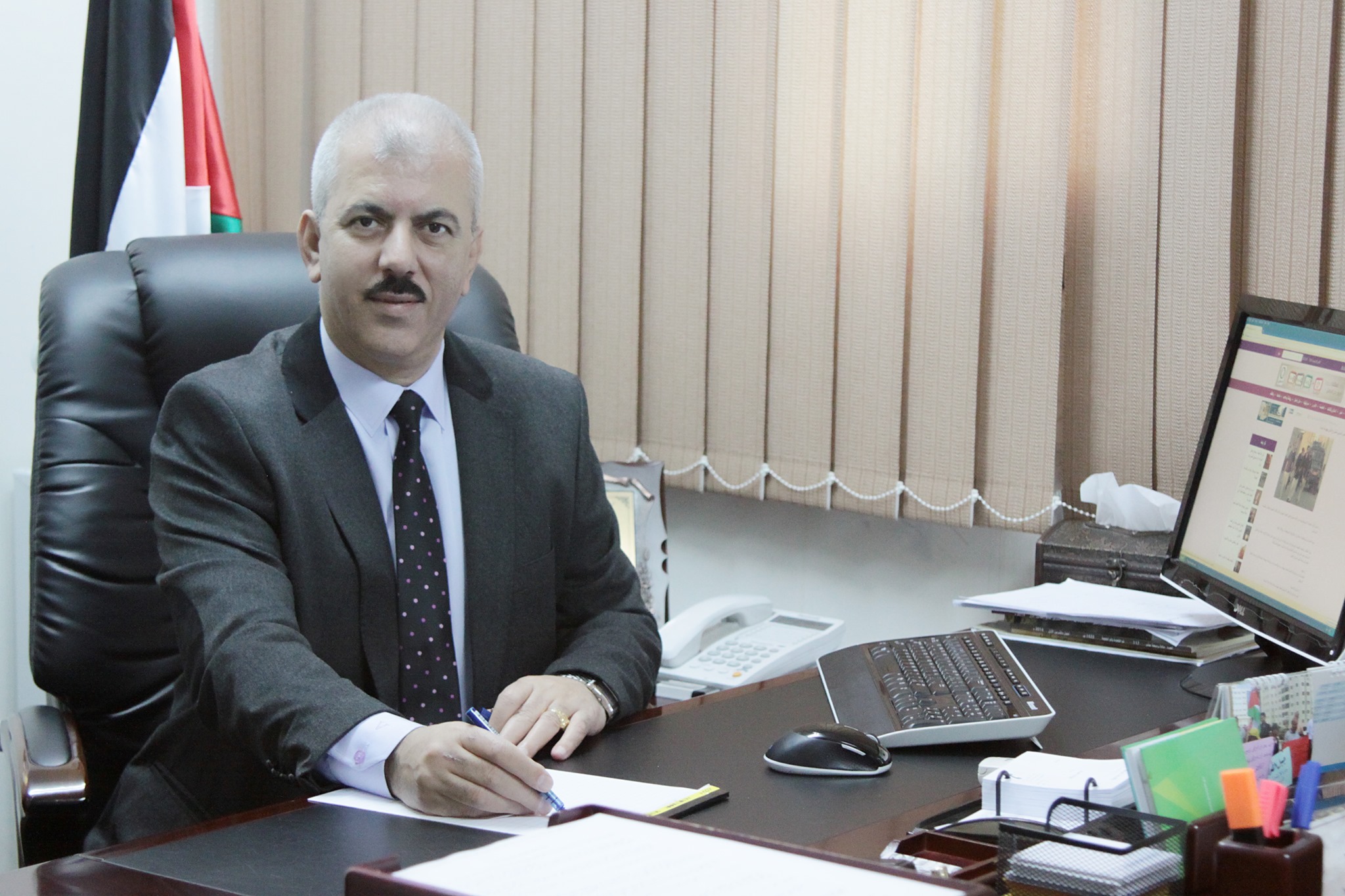22Jul
-Joe Chadburn
United States of America
Christian Ministry, Public Relations.
———
Why do you read the Quran?
I read the Quran to connect, but never to argue with, my Muslim friends. I look for common threads in our beliefs which build bridges, promote peace, and provide opportunities to love and serve humanity.
Aren’t you afraid that it will shake your faith?
Any faith that’s afraid to be shaken isn’t worth having.
One can be secure in Jesus, unapologetically Christian, and learn some wonderful things from books that others hold sacred.
How do you read the Quran?
I read it with extreme caution and humility!
After years of formal theological training and over three decades of intensive study of Christian Scriptures, my theological understanding continues to grow. The more I learn, the more I realize that there’s so much more to know about Jesus and the history, culture, literary styles, and linguistics of the Bible. l’m a life-long learner who continues to discover the unfathomable depths of God’s Love and my part in “fleshing it out”. That process has most certainly involved embracing newly discovered Truths while “unlearning” things I once tightly embraced as sacrosanct.
If I’m still learning the Bible, through the lens of Jesus Christ (The Perfect Logos), after all these years, what would make me think I could master the Quran and use it as a “GOTCHA!” tool to debate my Muslim friends?
I have virtually zero understanding of Arabic, and English most always finds a way to dumb down any language! If that holds true with Hebrew, Greek, and Aramaic, what would possess me to feign expertise in an English text that was translated from a highly sophisticated language as Arabic?
It’s not just the Arabic language that I don’t understand. My knowledge of Arab culture, history, original audience relevance, literary styles, metaphors, hyperbole, and so many other factors are severely lacking.
Do I have any business cherry picking passages from the Quran to use as “Gotcha” arguments against my Muslim friends? NO! That would be the height of stupidity and arrogance. Enough with the Sean Hannity hermeneutics!
What’s the bottom line?
I’m glad you asked! The wisest counsel that I can offer would be to approach writings that others consider sacred with extreme humility, caution, and LOVE. Asking questions in the right spirit is fine, and building bridges through common beliefs is commendable. It is possible to share what we believe without attacking other people’s texts or foolishly attempting to use their own sacred writings as cudgels against them.
Every one of us brings our own level of reading comprehension, understanding, beliefs, and prejudices to any text we read- from The Wall Street Journal to the most sacred of texts.
For all the aforementioned reasons and more, I find it much better to ask someone who believes a text what it means to them instead of being quick to give them “a piece of my mind” regarding something I know so little about.
Too many professing Christians beat each other up with the Bible.
If we have different beliefs about our own Sacred Text, LOTS of us must be wrong about AN ABUNDANCE of things. If we’re at least partially wrong in our knowledge of the Bible, what makes us think we can wield the Quran with the slightest bit of precision?
Regardless of how much we might know about someone’s beliefs, attacking them with texts that they deem holy most likely won’t result in a new friendship or a brother or sister who is converted to our way of thinking.
What would happen if we showed people what we believe through our lives, used words when necessary, and stopped telling them what they believe based on our extremely poor understanding, judgments, parroted talking points, and stereotypes?
Are we asking in order to learn, or are we simply crafting questions to gain points on the scoreboards of our religious pride?
What would happen if we crafted our questions like friends instead of prosecuting attorneys? What if we could walk away from a disagreement, loving the other person more than we did before the conversation began? It’s my firm belief that more true friendships would be formed, resulting in a better world.
Love & Peace!












Leave a Reply